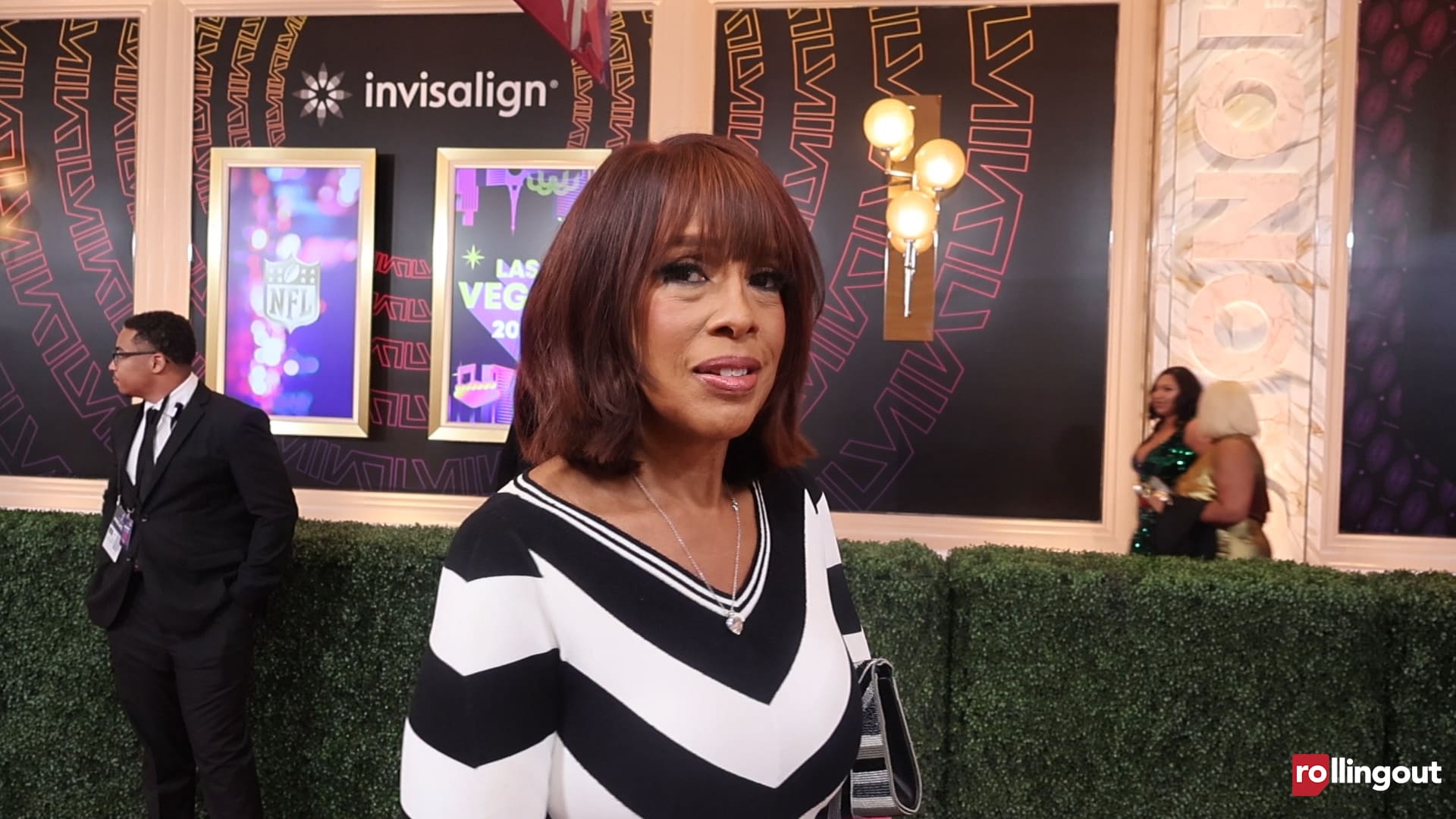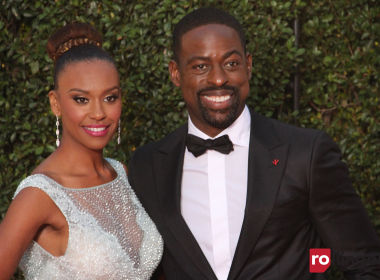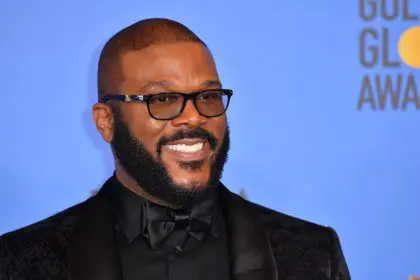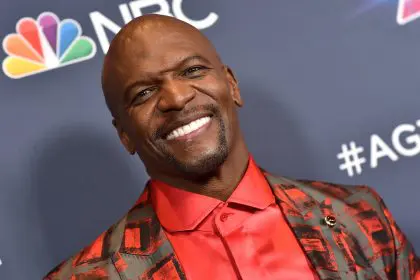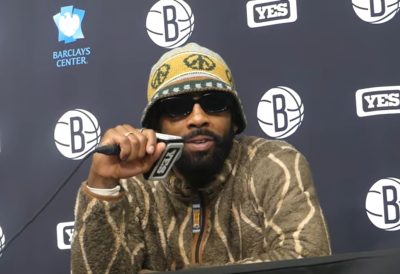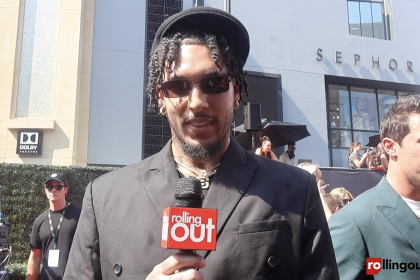Veteran broadcast journalist Gayle King has become the focal point of intense public discourse following her recent interaction with comedian Matteo Lane during a segment on CBS Mornings. The seasoned host’s decision to directly quote a joke containing a derogatory term has prompted widespread reaction across social media platforms and reignited conversations about appropriate language use in mainstream media.
The broadcast moment that captured attention
During Lane‘s appearance to promote his newly released cookbook Your Pasta Sucks, the conversation between host and guest maintained a lighthearted tone as they discussed the intersection of comedy and culinary arts. King, known for her engaging interview style, expressed admiration for Lane’s ability to merge his comedic talents with his passion for Italian cuisine.
The atmosphere shifted notably when King directly quoted one of Lane’s comedy bits verbatim, including a homophobic slur commonly directed at gay men. Her recitation of the line “What in the f-ggottry are you talking about?” immediately transformed the tenor of the broadcast and prompted an instantaneous response from viewers across the country.
Lane, who identifies as gay, appeared to receive the moment positively, responding with laughter and apparent appreciation for King’s willingness to reference his material. He proceeded to provide context for the joke, explaining that the term in his comedy refers to a particular stereotype about the behavioral transformation of certain women after consuming alcohol.

Divided audience response
The public reaction to King‘s language choice revealed a profound split in perspectives. Prominent LGBTQ+ figure Bob the Drag Queen shared video of the exchange on social platforms, describing the moment as “honestly iconic.” This sentiment was echoed by numerous viewers who interpreted King’s willingness to quote the material as a sign of authentic engagement with Lane’s comedy.
However, a substantial portion of the audience expressed significant discomfort with hearing the slur broadcast on a major network morning program. Critics emphasized that regardless of intent or context, such terminology carries painful historical weight that cannot be disregarded.
One particularly representative comment highlighted the complexity of the situation: “I don’t care if Gayle King is giving dyke down she still can’t say it just like I can’t call her any slur I want to.” This perspective underscores an increasingly common viewpoint that slurs remain harmful regardless of who repeats them or in what context they appear.
The complicated landscape of comedy and language
The incident illustrates the ongoing evolution of societal boundaries regarding acceptable language, particularly in comedy. While performers like Lane frequently incorporate reclaimed terminology and provocative material into their acts, the recontextualization of such content in a broadcast setting introduces additional layers of consideration.
Lane’s comedy deliberately plays with stereotypes and language traditionally used against the LGBTQ+ community, a common practice among marginalized comedians who reclaim offensive terminology as an empowerment strategy. However, when this material transitions from comedy clubs to morning television, the audience broadens considerably, introducing viewers who may lack the contextual understanding needed to appreciate the nuance.
Personal speculation enters the conversation
Following the broadcast, social media discussions expanded beyond the immediate incident to include speculation about King’s personal life. Long-standing rumors regarding her close friendship with media mogul Oprah Winfrey resurfaced, with some suggesting that King’s comfort with the terminology might indicate her own sexual orientation.
Both King and Winfrey have repeatedly addressed such conjecture throughout their careers. During a previous podcast appearance, Winfrey noted, “You know, for years, people used to say we were gay, and listen, we were up against that forever.” King has similarly discussed how these persistent rumors have occasionally complicated her dating experiences, though she typically addresses the topic with her characteristic good humor.
Media responsibility in evolving times
The controversy surrounding King‘s quotation highlights the increasing challenges faced by media personalities navigating rapidly changing social norms. While previous eras might have permitted broader latitude in language choices, contemporary audiences often expect heightened sensitivity regarding terminology that impacts marginalized communities.
Morning television programs like CBS Mornings occupy a unique position in the media landscape, aiming to maintain accessibility and relevance while adhering to broadcast standards that reflect current social values. When moments like King’s quotation occur, they inevitably prompt reflection on the balance between authentic representation of diverse voices and responsible stewardship of public discourse.
Moving forward with awareness
As public figures continue to engage with complex social issues and diverse perspectives, incidents like King’s will likely remain catalysts for important cultural conversations. The mixed reactions to her language choice demonstrate that American society continues to negotiate the boundaries of acceptable discourse, particularly regarding terminology with complicated histories of harm and reclamation.
What remains clear is that language carries significant power, especially when amplified through mainstream media channels. The ongoing debate surrounding King’s broadcast moment serves as a reminder that even well-intentioned communication can produce unintended consequences when certain terminology enters public spaces.
For media professionals and audiences alike, the incident offers an opportunity to consider how context, intent, and impact intersect in our shared cultural conversations—and how we might collectively work toward communication that respects diverse experiences while allowing for authentic expression.

